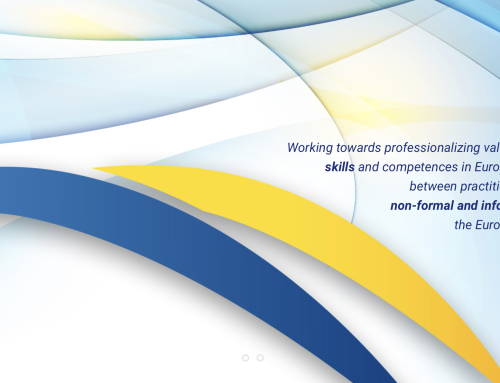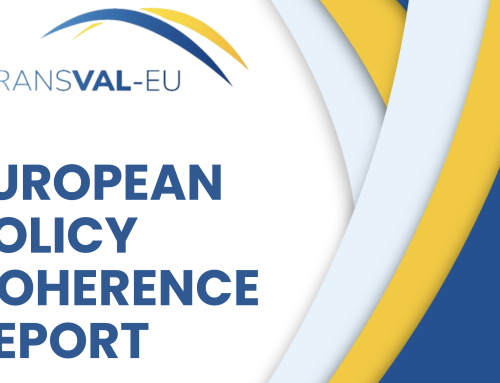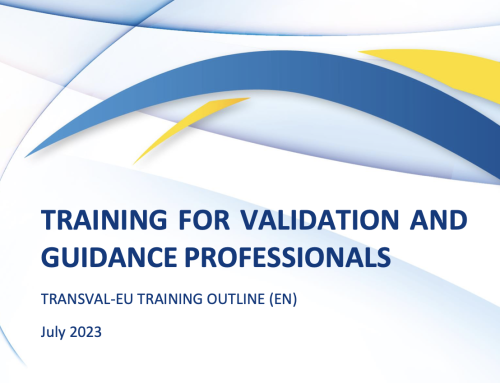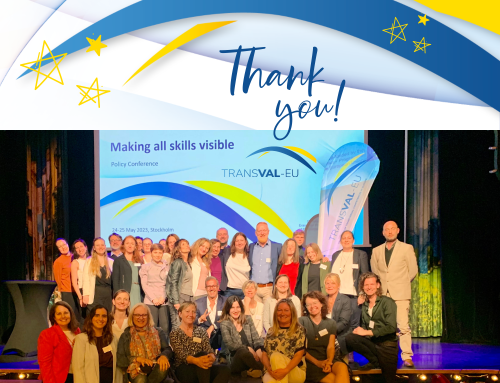LLLP highlighted the importance to make all skills visible to national policy-makers
On October 20-21, the Lifelong Learning Platform (LLLP) was invited to the European Commission Adult Education Working Group’s peer learning activity on national skills strategies in Brussels. The Working Group mainly gathers Member States representatives, policy-makers working in labour or education ministries, as well as other key national stakeholders such as social partners and European stakeholders, such as the European Association for the education of adults (EAEA, associate partner in the project), the European Training Foundation (ETF), and the European University Alliance (EUA).
The focus of this peer learning activity was on the state of play of Member States’ national skills strategy, how they are designed, what their priorities are, etc. LLLP had the opportunity to make a presentation on the importance of including transversal skills in the strategies. The presentation included some TRANSVAL-EU project results, including good practices collected in the research phase (and featured in the European state-of-play report) such as the Icelandic “employability skills framework” which is being validated as well as inspiring examples of political success which occurred during the project implementation in Austria and Italy for instance where transversal skills were put in the spotlight at high political level (find some of those success in the project website News section).
This discussion around countries’ strategies is even more timely after the recent announcement that 2023 will be the EU Year of Skills and sets in motion the initiative that were listed in the European Skills Agenda (2020) with regards to the elaboration of such strategies. The event was rich in learning with presentations from several Member States (PL, FI, BE-FL, CY, SL, RO). It was very interesting to hear their updates on the design of their strategy, how they would be implemented, monitored, and evaluated. Some national skills strategies can be assimilated as lifelong learning (or adult learning) strategies. It was also great to hear about the attention placed to the involvement of diverse stakeholders not only from the labour market but also from civil society and education providers.
Some presentations explicitly integrated as an objective the recognition of skills or validation arrangements. Poland’s Integrated skills strategy 2030 (which is one of the 5 countries in focus in TRANSVAL-EU) first impact area is “basic, transversal and professional skills of children, youth and adults” and the eighth impact area is “planning lifelong learning and the recognition of skills”. The OECD showed that “skills come in many forms”: Cognitive and meta-cognitive skills; Technical, professional, and sector-specific skills; and Social and emotional skills. Another inspiring example came from Cyprus, where the lifelong learning strategy 2021-2027 aims to “develop the knowledge, skills, and attitudes that will facilitate citizen’s personal and social growth, professional advancement, social inclusion, resilience, and well-being”. With such a vision, transversal skills must surely be valued!
[/fusion_text][/fusion_builder_column][/fusion_builder_row][/fusion_builder_container]




